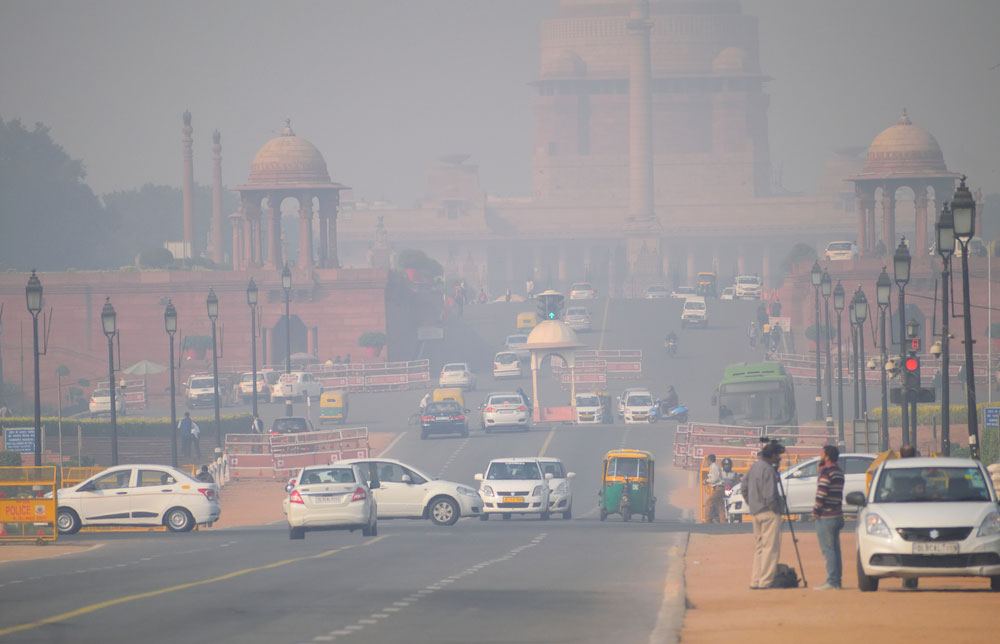People exposed to high levels of air pollution are more likely to experience depression or commit suicide, researchers said on Wednesday after the first systematic review of the association between air quality and mental health.
Their review has suggested that reducing the average fine particulate matter (PM) sized 2.5 microns from 44 micrograms per cubic metre to 25 micrograms per cubic metre would lower risk of depression worldwide by 15 per cent.
The research, published on Wednesday in the journal Environmental Health Perspectives, has also found evidence of a connection between short-term changes in exposure to PM sized 10 microns and suicides. It has pointed to a 2 per cent increase in suicide risk for each 10 microgram per cubic metre increase in a geographical area over a three-day period.
“The findings from our review suggest the existence of harmful effects of air pollution on mental health,” Isobel Braithwaite, a researcher at the University College, London, and the review’s lead author, told The Telegraph via email. “There is increasing evidence to support adverse effects of air pollution on two key mental health outcomes (depression and suicides),” she said.
Braithwaite and her colleagues analysed multiple earlier studies exploring mental health and air quality from 16 countries, including India, and found that a 10 micrograms increase in PM2.5 exposure was associated with a 10 per cent increase in depression risk.
The researchers said that while the World Health Organisation had recommended 10 micrograms per cubic metre of PM2.5 exposure limits, average PM2.5 levels had been known to range from 114 in Delhi, 97 in Dhaka to 6 in Ottawa, Canada. One of the studies examined by the review included 11,226 participants in India among a six-country study on depression and air pollution.
Their findings suggest that if a city experiences the same pollution levels, and if PM10 over a three-day period was 10 micrograms higher than a previous period, the suicide rate across the city would be 2 per cent higher during the more polluted period. The suicide rates would be 10 per cent higher if PM10 was 50 microgram higher than during a previous period.
Braithwaite cautioned that the available evidence is not strong enough to show a cause-and-effect yet, but the findings highlight the need for more research to explore the associations between air pollution and mental health.
She also said the mechanisms connecting the two remained unclear. “The mechanisms that seem most plausible based on evidence from studies in animals and humans suggest that inflammation of the brain and central nervous system is likely to play a role, as may (changes in) stress hormone levels,” Braithwaite said. How, exactly, she said, is not fully understood.











